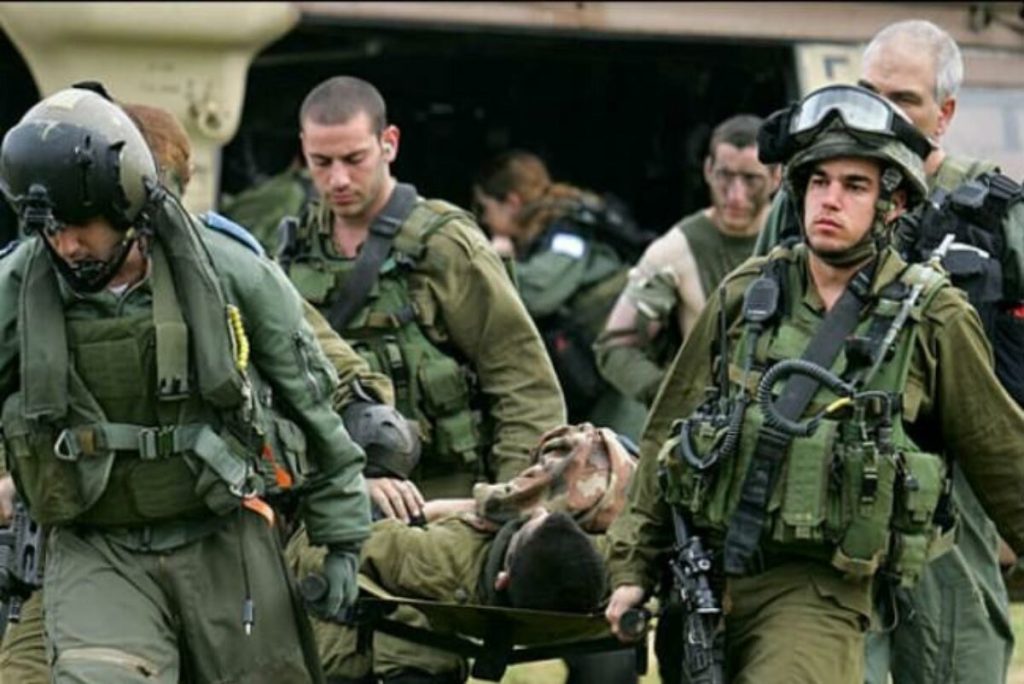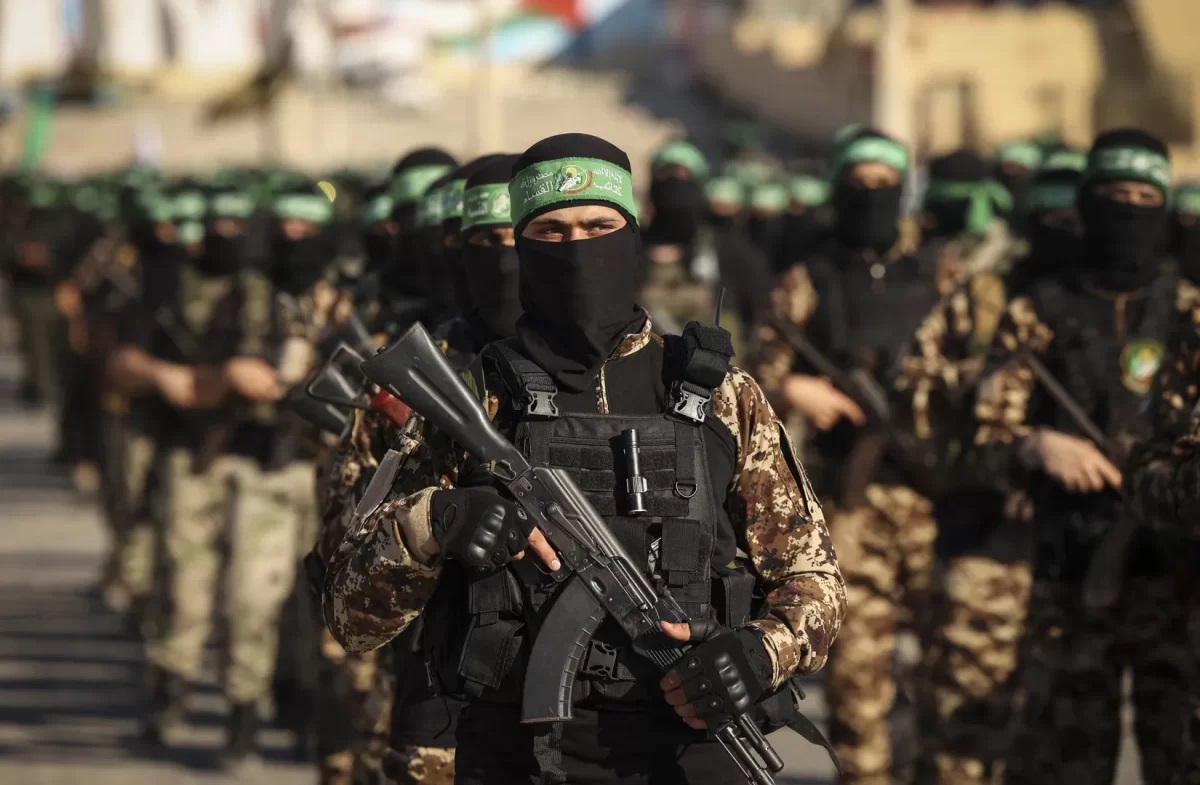Watan–The military and strategic expert Colonel Hatem Karim Al-Falahi stated that the losses recently incurred by the Israeli Nahal Brigade in Beit Hanoun, northern Gaza, reveal a qualitative development in Palestinian resistance tactics.
The Israeli occupation army acknowledged on Saturday that four soldiers from the Nahal Brigade were killed, and an officer and a soldier were severely injured in a blast in Beit Hanoun. Meanwhile, settler-affiliated platforms reported that seven Israeli soldiers were killed, and around 30 others were injured, including 11 with serious and critical injuries.
Al-Falahi explained, in an analysis of the military situation in the Gaza Strip, that the recent operations demonstrate the resistance’s ability to adapt to the conditions of war, despite over 100 days of fighting.
He added that the operation, which resulted in the deaths of four Nahal Brigade soldiers and the injury of others, was carefully planned. A tunnel was used that the Israeli army did not detect, allowing the resistance to carry out a precise infiltration targeting an Israeli force in an area under what he called “complete operational control.”
He confirmed that the direct clashes that took place during the operation and the evacuation of the wounded under fire indicate prior planning and precise intelligence.
Change in Combat Tactics
He continued that this operation, which forced the Israeli army to change its combat tactics in Beit Hanoun, is part of a series of high-level operations targeting Israeli elite brigades.
Israeli newspaper Maariv reported that the army had to alter its combat methods in Beit Hanoun after the last operation, which was considered one of the heaviest blows the Nahal Brigade had received.
Al-Falahi noted that the Nahal Brigade, which consists of elite battalions 931, 932, and 934, suffered a heavy blow in the sector, and it was replaced by another brigade to alleviate military pressure. However, it soon faced fierce resistance that led to significant losses.

He pointed out that these losses reflect the exhaustion the Israeli army is experiencing due to continuous operations and the prolonged duration of the war. He emphasized that the forces are not adequately trained for guerrilla warfare in such a complex geographical environment, making them vulnerable to intricate ambushes and precise explosive operations.
The military expert explained that the Israeli army’s reliance on nighttime fighting would not be an effective solution, as failure in daytime combat makes nighttime operations even more challenging. He added that the resistance has significantly depleted the Israeli army by exploiting the terrain and employing innovative tactics that multiply its losses.
Since the start of the Israeli war on the Gaza Strip on October 7, 2023, the occupation has acknowledged the death of 835 officers and soldiers, in addition to thousands of wounded and physically and psychologically disabled due to the war.
-
-
-
-
-
-
